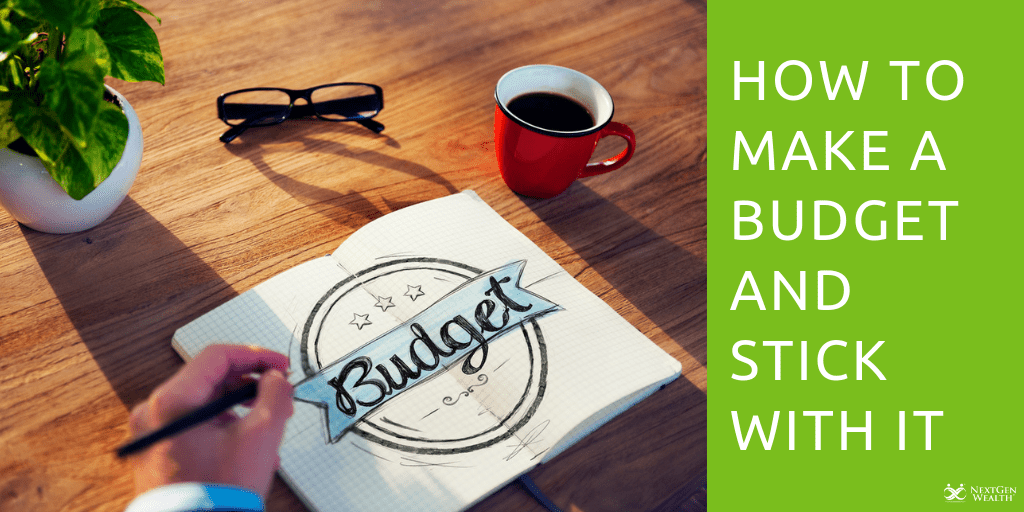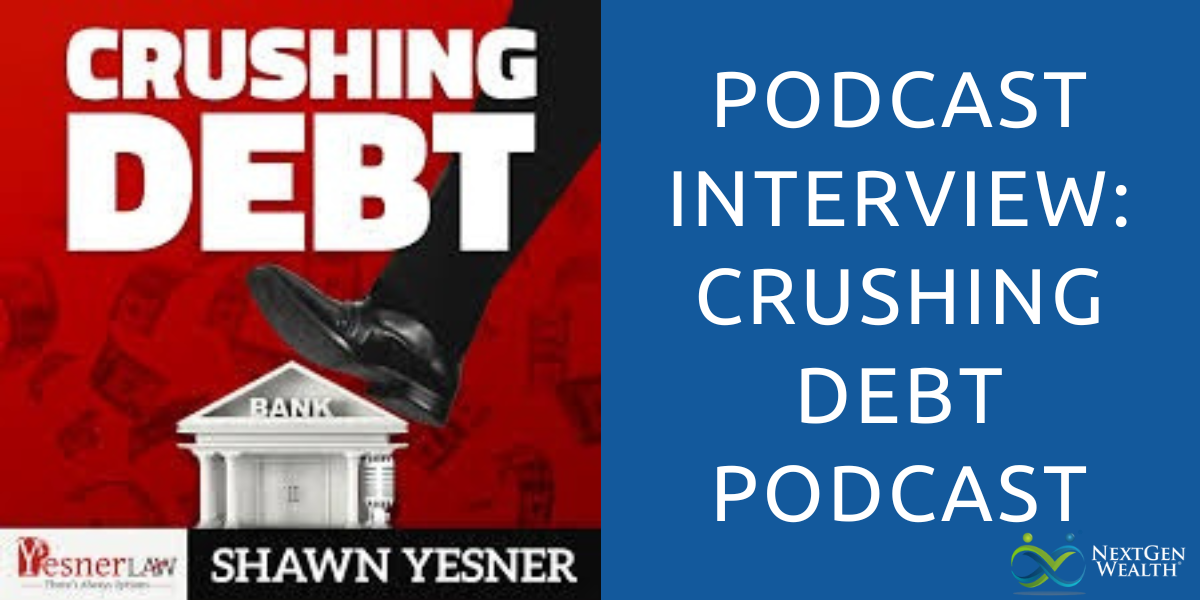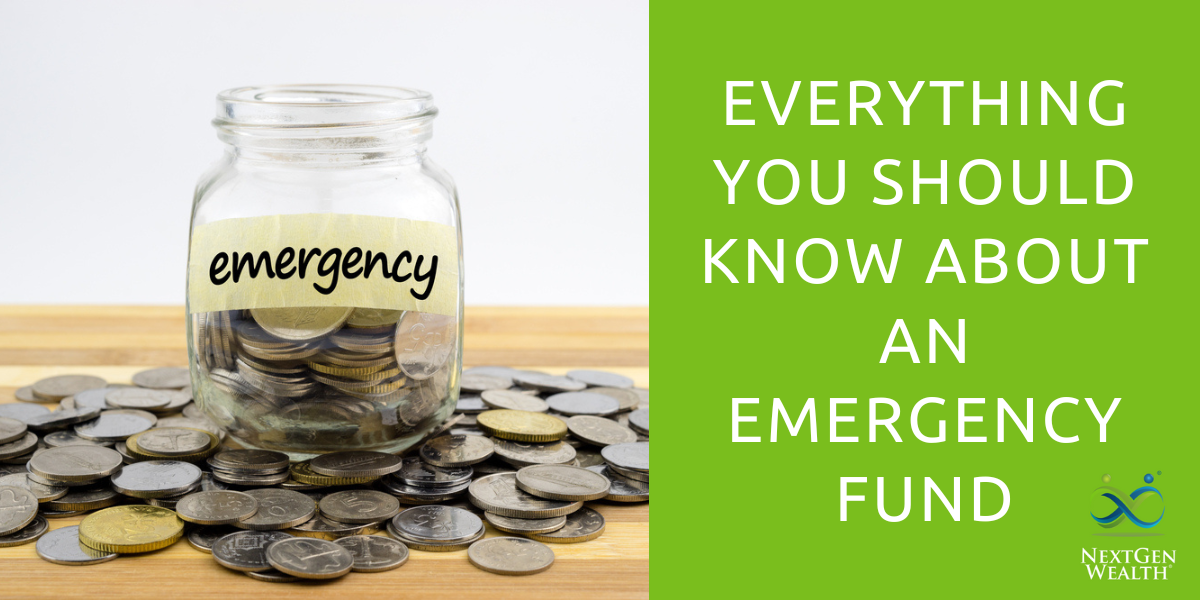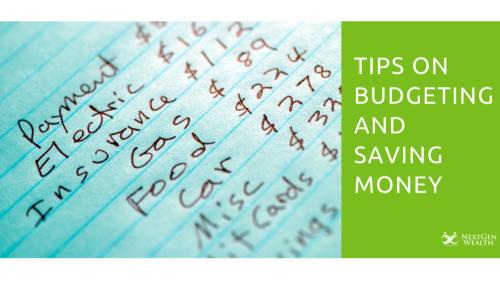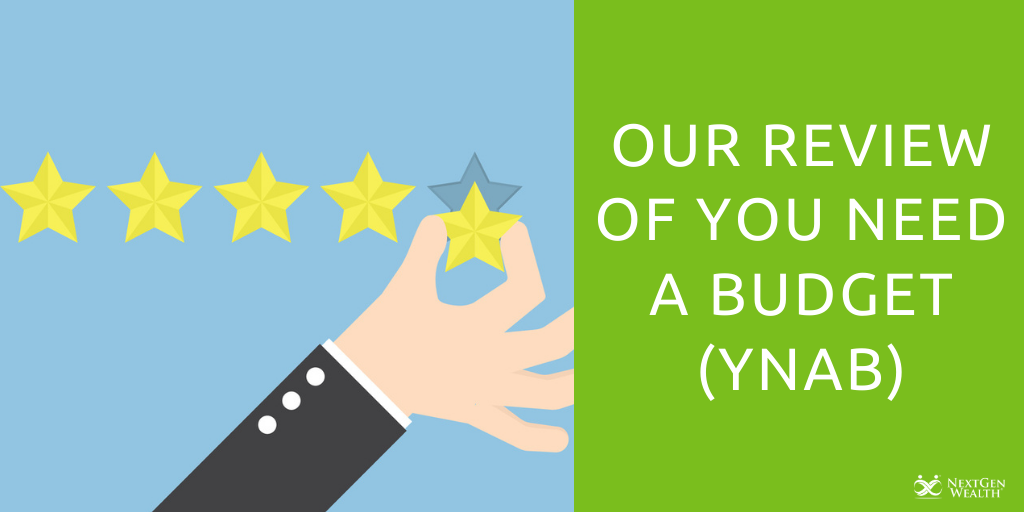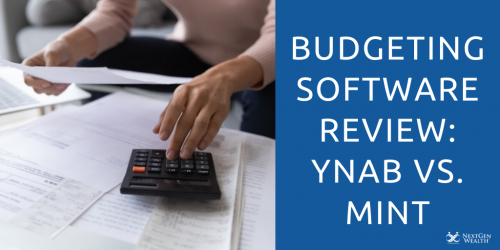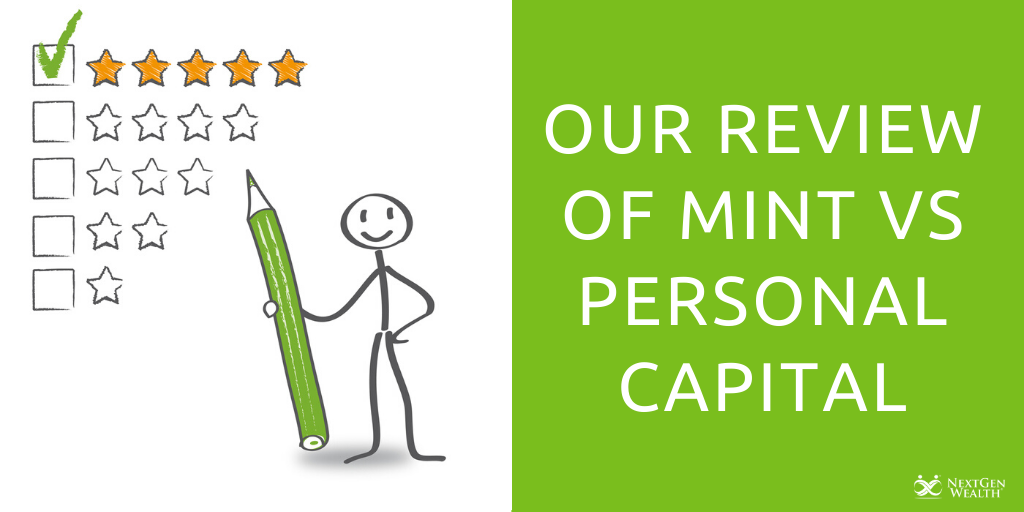Many Americans are one paycheck away from going into debt to pay for an emergency. A report by the Federal Reserve on the economic well-being of U.S. households found that 40 percent of American’s can’t afford an unexpected $400 expense. Having some extra cash can help you be prepared in case financial disaster strikes.
There are many different ways to save money – some easier than others. Pick what works for you and stick with it for a few months, setting aside the money that you save in a separate savings account. You can use the extra money to start an emergency fund or invest for retirement.

